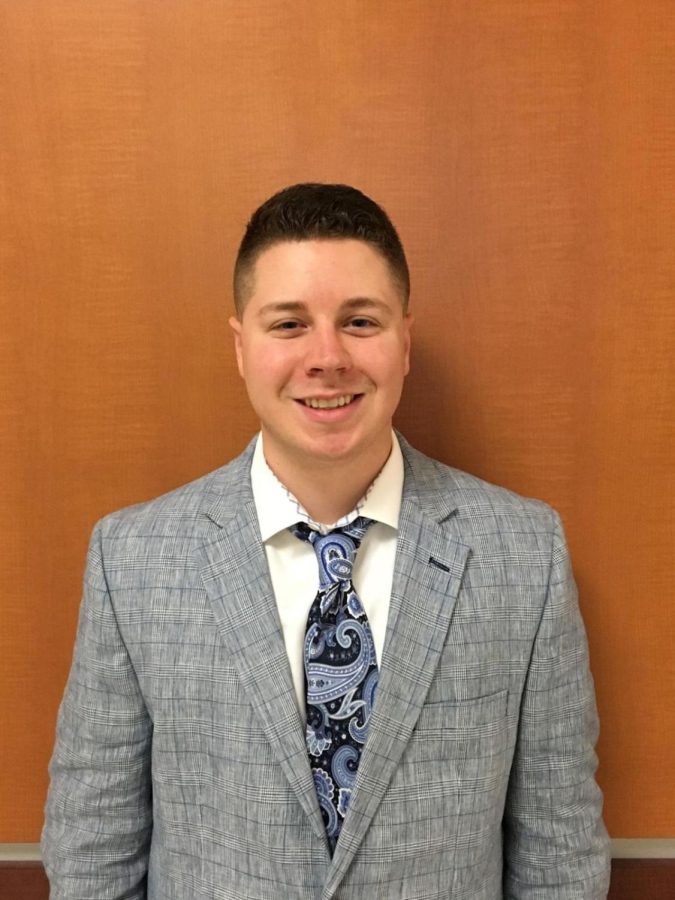Opinion: We only talk about suicide when it happens
July 21, 2017
I don’t know what to say in this column that I haven’t already in previous ones.
All I know is that Linkin Park frontman Chester Bennington died Thursday in what appeared to be a suicide. He was 41.
Thursday would have been Soundgarden frontman Chris Cornell’s birthday, who was good friends with Bennington. Cornell committed suicide just two months ago.
Today, as in Friday, July 21, would have been Robin Williams’ birthday. He would have turned 66. He committed suicide back in 2014.
The sad reality is that we only talk about suicide when famous or extremely talented people, like the aforementioned, commit the most tragic and heartbreaking act one can succumb to. It’s a vicious cycle that is played out consistently and like clockwork at this point:
We mourn for them on social media. A few people will pen tributes. We’ll talk about their works and celebrate their accomplishments. We may even cry.
But only a handful of people will use the opportunity to talk about suicide because it remains such a daunting thing for most people to discuss — the word alone makes many people shift uncomfortably.
So we’ll talk about Bennington for the next few days.
And then we’ll move on. We won’t talk about it being the tenth-leading cause of death in the United States.
We won’t talk about how almost 45,000 people per year in this country successfully kill themselves.
We won’t talk about how much money suicide costs our country per year — a staggering $51 billion annually.
These statistics will be overlooked. Everyday people who commit suicide will be overlooked. It’s not to say Bennington doesn’t deserve mourning or that his is faux; He just happened to be famous, and this is how we act accordingly when famous people die.
But Bennington is no different than any other person who commits suicide, for it knows no socioeconomic privilege, no racial preference and no sympathy toward what you leave behind.
Suicide simply doesn’t give a shit about any of that. It only wants to take you.
I know people who have had the thoughts. I have been in some dark places myself.
None of it changes unless we talk about it. Often. With strangers. With those closest to us. Because if we don’t break that cycle, we’ll only talk about it when someone famous does it again or it happens to someone we know.
This is what makes it such a challenging task: Rarely are we proactive with suicide prevention, opting to be responsive only when it’s too late.
I hope this doesn’t sound like a public service announcement because it feels that way. I don’t want to glamourize this column and romanticize suicide.
It is ugly. It shatters that person’s life and all of those around them. It brings people closer and simultaneously tears them apart; Suicide is undefeated in that aspect.
I hope one day this country gets over the fear of talking about mental illnesses and suicide.
Because with this current mindset we have on those things, nothing will change for quite some time.
Talk. Listen. You don’t know how much it can help. And then we’ll go from there.
If you or anyone you know is suffering from suicidal thoughts or intentions, call the National Suicide Prevention Lifeline at 1-800-273-8255.
Matt Poe is a columnist. Contact him at [email protected].












